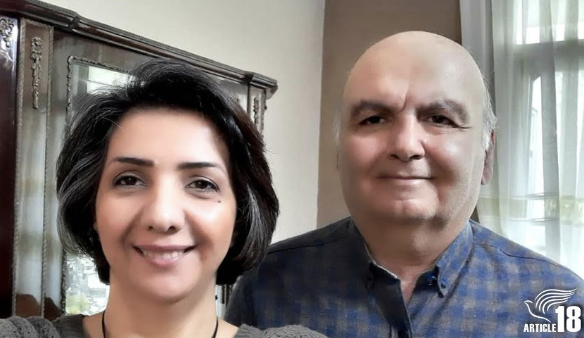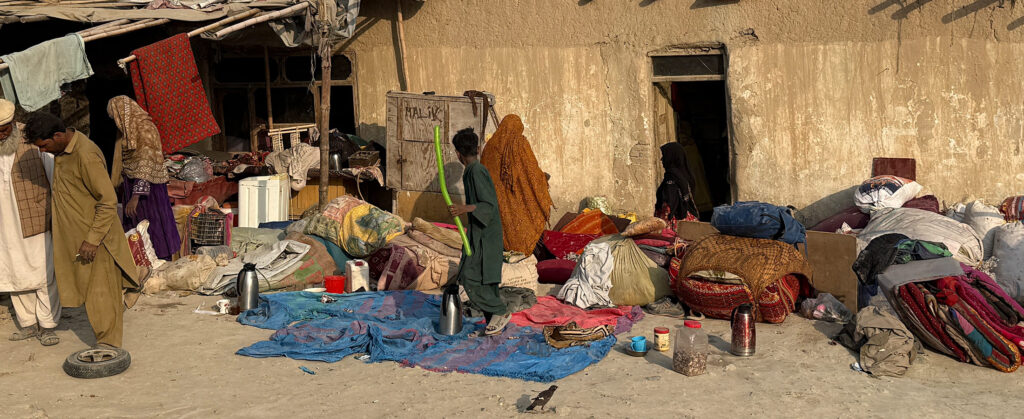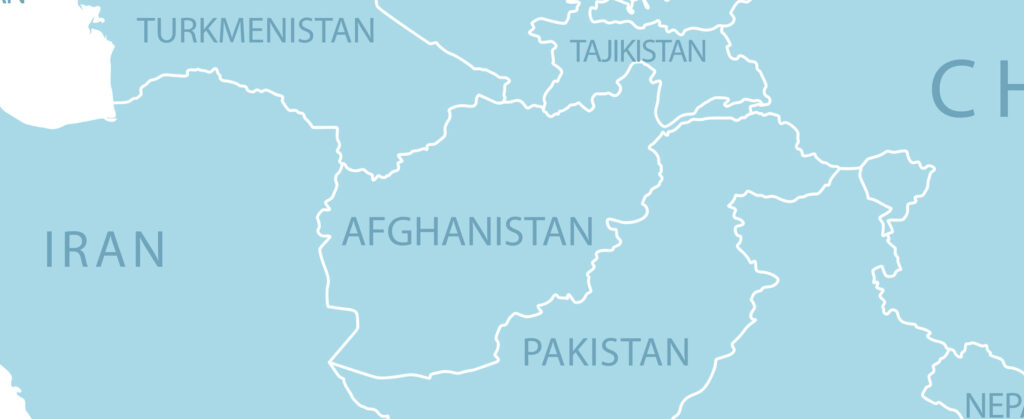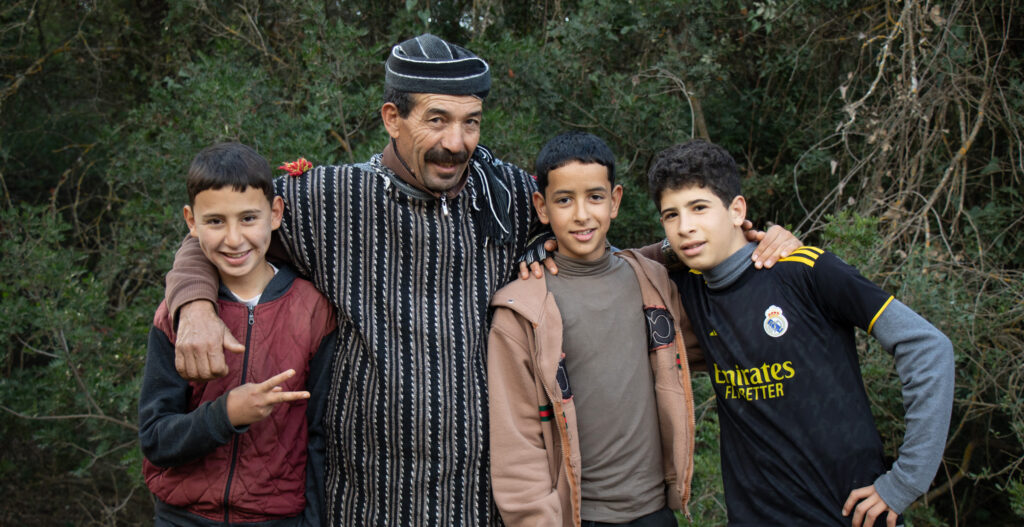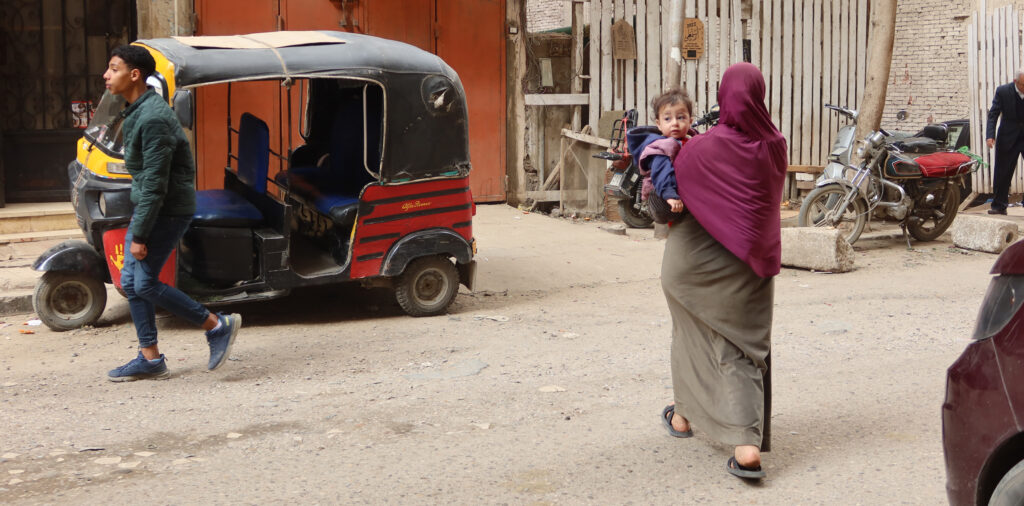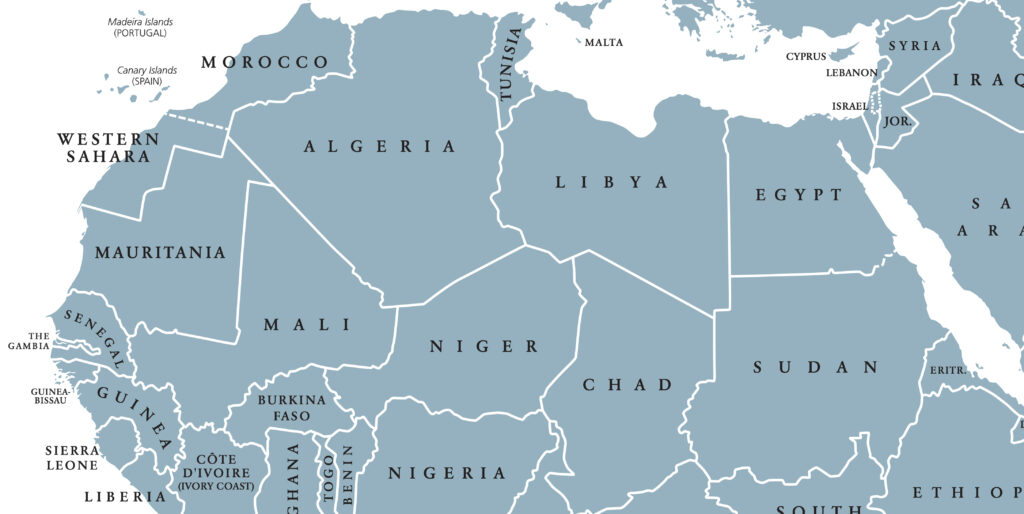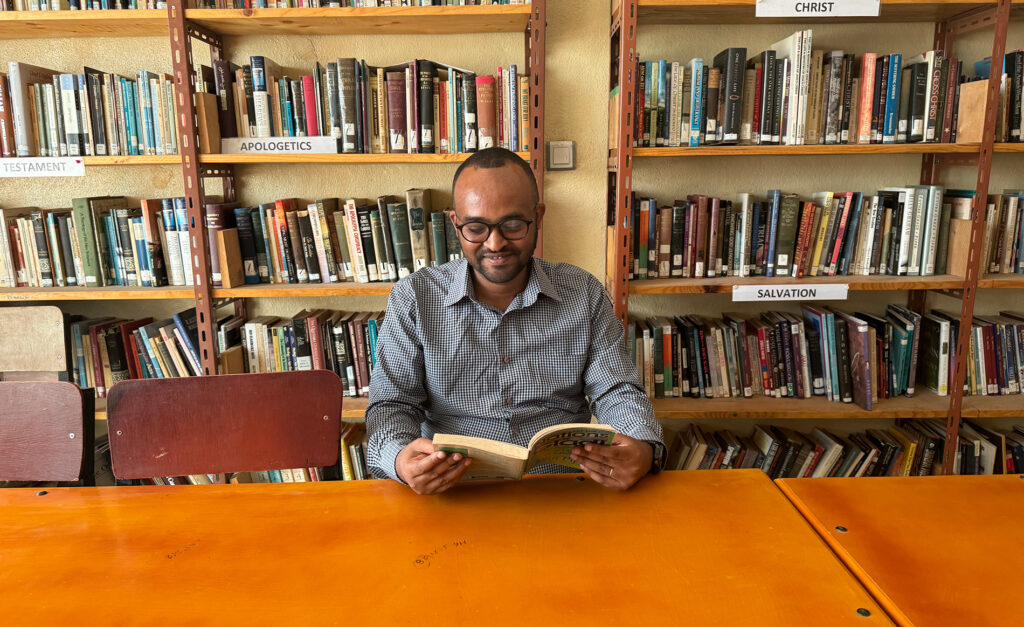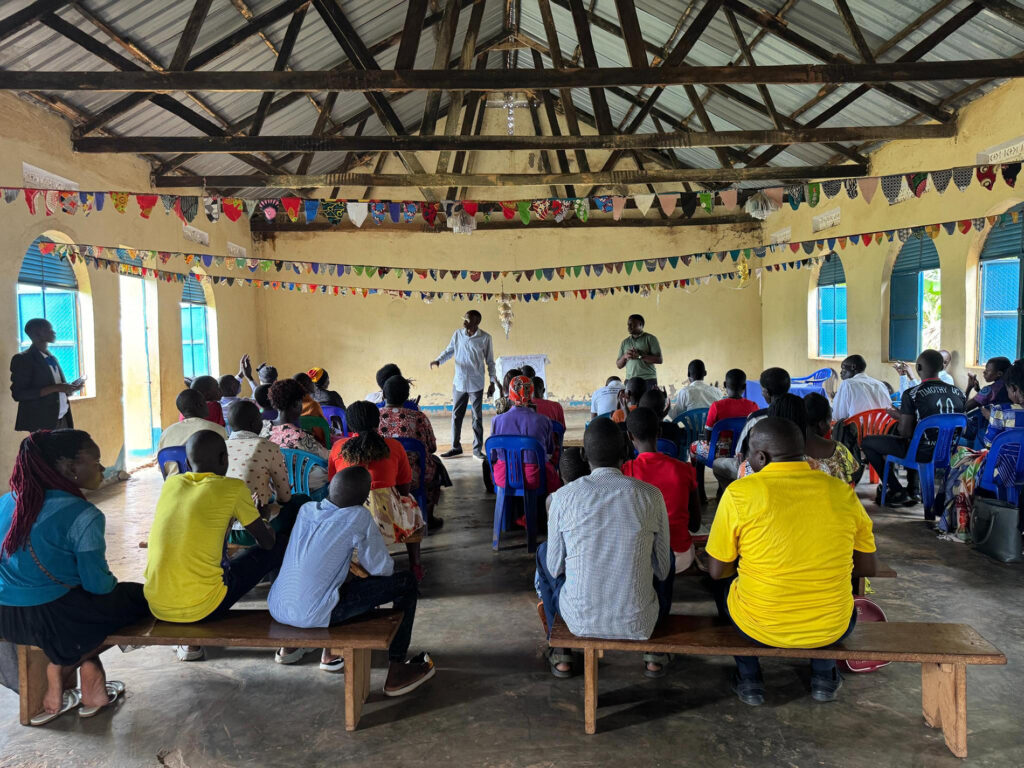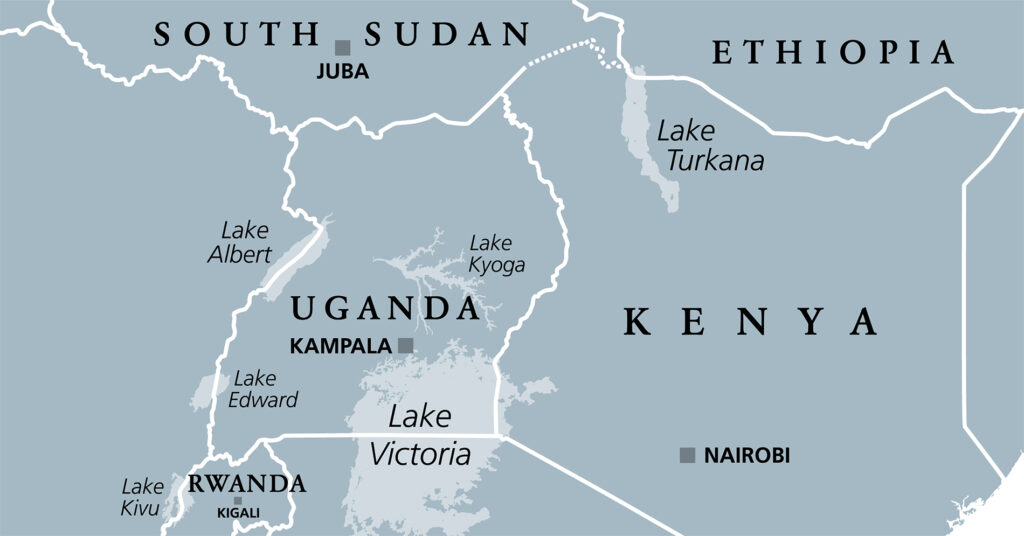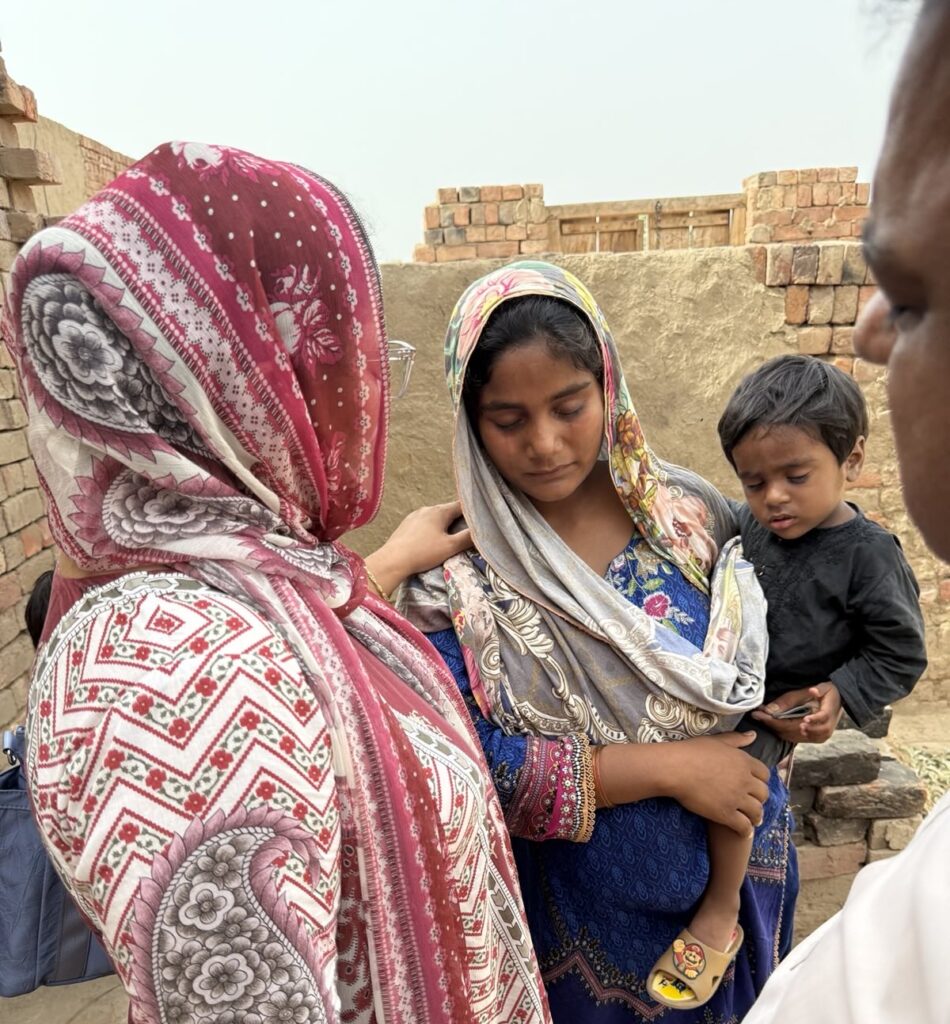May 17, 2023 (Morning Star News) – Iranian authorities released two Christian leaders from prison last week after a judge broke with common judicial practice in the country and ruled that home church participation was not illegal, sources said.
Throwing out a 2020 conviction, a judge in Branch 34 of the Appeals Court in Tehran on May 9 found there was no evidence the couple had violated Iran’s national security laws by participating in a home meeting, according to advocacy group Article 18.
Homayoun Zhaveh, 64, and wife Sara Ahmadi, 45, both converts from Islam, were released later that day.
In his ruling, the judge found that belonging to or participating in a “home-group” with people of the same faith was not illegal but “natural.”
“The reports by the officers of the Ministry of Intelligence about organization of home-groups to promote Christianity, membership, and participation in home-groups, are not considered as acts against the country’s security, and the law has not recognized them as criminal activity,” the judge wrote.
The ruling was in some ways similar to a Nov. 3, 2021 Supreme Court judgment that stated that nine converts could not be charged with acting against national security merely for belonging to a house church.
The acquittal struck down a November 2020 conviction in which Ahmadi, accused of being a house church leader, was sentenced to a total of 11 years in prison for “founding or leading an organization that aims to disrupt national security” and “membership in organizations that aim to disrupt national security.” In December 2020, Ahmadi’s original sentence was reduced to a total of eight years in prison.
Zhaveh had been sentenced to two years in prison for “membership in organizations that aim to disrupt national security,” or being a member of a house church. The sentences also mandated six months of community service and a two-year ban on foreign travel or joining any social or political group.
Mansour Borji, director of Article 18, said in press statement that the initial 2020 verdict showed how for decades intelligence institutions within the Islamic Republic “have disregarded judicial processes and the law of the land.”
“They have abused and exploited vague legal precepts to criminalize peaceful and constitutionally lawful activities of these Christians,” he said, adding that it is rare to find independent, principled judges in Iran when it comes to freedom of religion cases. “Unfortunately, not so many judges can be found who would so clearly acknowledge the rights of the wrongly accused Christians, and refute the unjust verdicts issued against them.”
Last week when the couple was released, they had served nine months of their sentences.
In June 2019, state security officials arrested the couple as they vacationed with friends in Amol, about 13 miles (21 kilometers) south of the Caspian Sea. They were both released on bail the next month.
The couple was ordered to report to authorities to begin serving their sentences in June 2021, but upon arrival they were immediately turned away, likely because COVID-19 was still sweeping through the Iranian prison system. Particularly hard-hit was Evin Prison, where Zhaveh and Ahmadi eventually would be incarcerated.
While waiting to start their sentence, the couple applied twice to request a retrial, once in June 2021 and again in November 2021, but were rejected both times. They received a summons on Aug. 13, 2022, to report to prison and were under the impression that they were going to pick up property that had been confiscated from them, according to Article 18. Instead, they were ordered to start their sentences and were held at Evin Prison.
Zhaveh suffers from an advanced form of Parkinson’s disease, and according to those familiar with his condition, his health deteriorated while in prison.
Iran ranked eighth on Christian support organization Open Doors’ 2023 World Watch List (WWL) of the 50 countries where it is most difficult to be a Christian. During the past few years, the government of Iran has severely cracked down on house churches, but the WWL report states, “despite great oppression, the Islamic Republic of Iran has seen phenomenal growth in its underground church movement.”
“Christian gatherings in private homes have been denounced as ‘illegal groups’ and acts ‘against national security,’ while many churches continue to be closed,” the report states. “Converts from Islam to Christianity bear the brunt of religious freedom violations, carried out by the government in particular, which sees these Iranian Christians as an attempt by Western countries to undermine the Islamic regime. Leaders of Christian convert groups, as well as members of other denominational backgrounds who support them, have been arrested, prosecuted and received long prison sentences for ‘crimes against national security.’”
